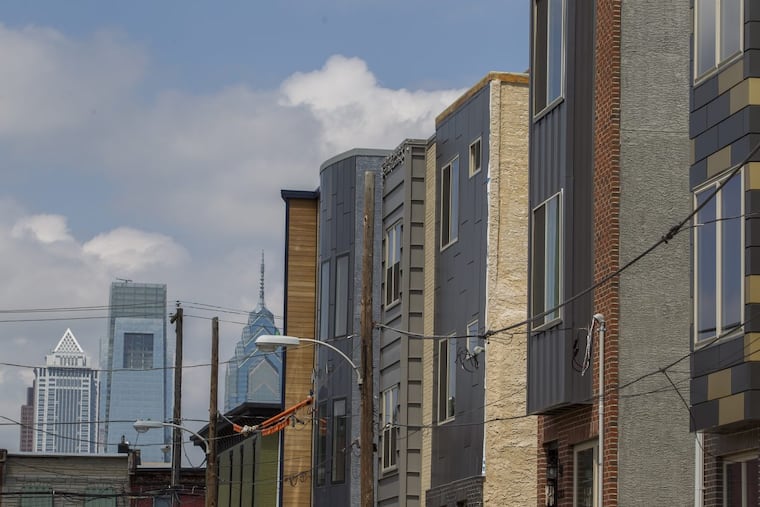Fully funding eviction defense is the fiscally responsible thing to do | Editorial
If Philadelphia were to fully fund eviction defense it will save millions in other services.

Housing issues go beyond how expensive it is to rent or buy in the city, but also how to provide more stability among homeowners and tenants in the places they currently occupy. To that end, City Council just launched a bill that would establish a low-interest loan program for low-income homeowners to help with repairs and restoration, especially among aging homes. In addition, part of a housing legislative package crafted by City Council President Darrell Clarke and introduced last week would establish a Low-Income Tenant Legal Defense Fund to help tenants who are being evicted.
There are more than 22,000 evictions filings in the city every year – affecting 1 in 14 tenants. According to a 2017 report from the Reinvestment Fund, eviction rates are highest in Philadelphia’s poor and predominantly black neighborhoods.
Evictions have a terrible domino effect: tenants are often unjustly evicted with no time to find a new place, and often, with hits to credit scores that make finding new housing difficult. In New York, for example, a quarter of families with children who enter a homeless shelter do so because of an eviction.
One approach to addressing this eviction crisis is providing legal representation for low-income tenants in court. According to a November 2018 report conducted by the Stout consulting firm and commissioned by the Philadelphia Bar Association, having a lawyer in Philadelphia housing court reduces the probability of a “disruptive displacement” from 78 percent to 5 percent.
In 2017, Mayor Jim Kenney announced $400,000 from the general fund plus $100,000 in grant money to the Philadelphia Eviction Prevention Project -- $500,000 total. He also convened the Mayor’s Task Force on Eviction Prevention Response. The task force published a report with 17 recommendations, including increasing support for legal aid for tenants.
By the following fiscal year, the entire program was at risk of disappearing. However, after budget negotiations, City Council appropriated $850,000 to PEPP. In the mayor’s recently unveiled budget for next year, the proposed budget of PEPP is cut back down to $500,000.
According to the Stout report, if Philadelphia were to fully fund eviction defense at a total cost of $3.5 million per year, the city as a whole would avoid $45.2 million in quantifiable annual costs -- $26.4 million in savings in shelter costs alone. You don’t need a math degree to see the return on investment.
Clarke’s bill doesn’t attach a dollar amount to be appropriated to the Legal Defense Fund, but it will allow private donors to contribute and allow for a separate revenue stream for eviction defense that won’t be subject to the whim of the budget process.
In the mayor’s proposed budget, $34.1 million is allocated to the city’s rainy day fund in the next year. Because of evictions, thousands of Philadelphians are not sure that they will have a roof over their head on the next rainy day. Getting on track to fully funding a Low-Income Tenant Legal Defense Fund is not only the right thing to do, it is the fiscally responsible path.